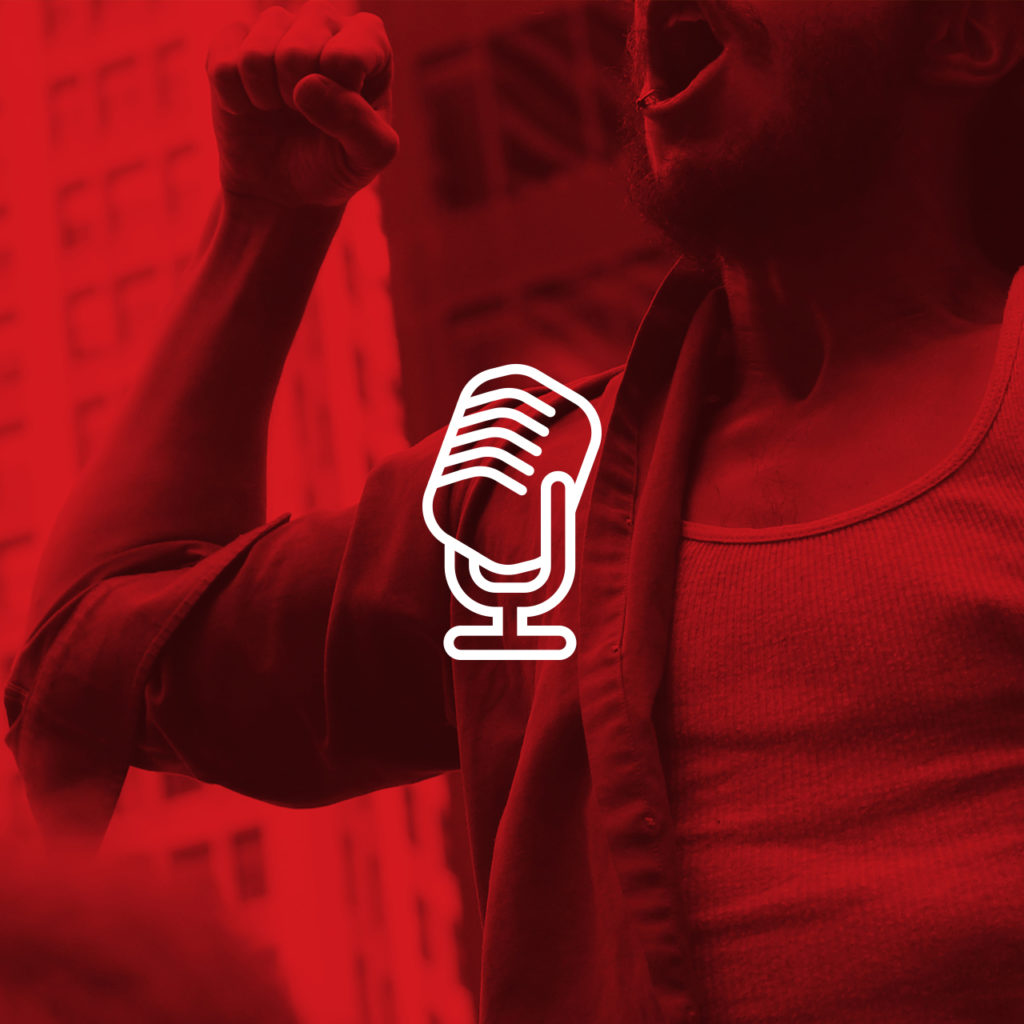
This week, the Democratic Republic of the Congo (DRC) ordered a full shutdown of internet and SMS traffic in response to protests against the government. The shutdown is just the latest example of telcos complying with government censorship orders, albeit reluctantly.
Rights groups said at least 42 people had been killed since Monday in demonstrations sparked by a bill that many say could have extended the term of President Joseph Kabila beyond the constitutional limit of two five-year terms. However, a government official only acknowledged 15 deaths and referred to those killed as “looters.”
Meanwhile, three international telcos operating in the country—Vodacom (a Vodafone controlled operating company), Millicom, and Bharti Airtel—all publicly acknowledged receipt of an order Monday afternoon to suspend internet services and SMS service. According to a Vodacom statement,
The deadline for the implementation of this was midnight, and all companies complied. The order was issued in accordance with Article 46 of the Telecommunications Law of the DRC which gives the state the authority to prohibit the use of telecommunications installations.
Witnesses say protests have subsided since the shutdown.
‘Worst practice’ spreads
Blocking of digital communications is quickly becoming a predictable last resort by governments facing critical dissent. From Egypt and Uganda in 2011, to Sudan in 2013, to Central African Republic in 2014, and now the DRC – a country the size of Western Europe—various African administrations have sought to quell unrest through mass restrictions on SMS or internet traffic.
Access maintains—as we have since the Egyptian uprising in 2011—that mass disruptions of communications do not comply with international law, including General Comment 34 of the Human Rights Committee, the latest official interpretation of the right to freedom of expression. Shutdowns disproportionately, arbitrarily, and directly violate the human rights of free expression, access to information, and assembly. Until governments are held accountable for these shutdowns through criminal prosecution and condemnation by international authorities, such as the regional Special Rapporteur on Freedom of Expression and Access to Information, it is likely these orders will continue.
To help telcos prepare for such moments, Access has produced the Telco Action Plan, which guides operators through the contentious situations that arise when governments order them to help suppress dissent. The Telco Action Plan counsels companies to prevent and mitigate rights violations by demanding government requests be written and signed by officials; engaging in “unilateral or multi-stakeholder advocacy, negotiation, litigation, or ultimately direct resistance;” and narrowly limiting the scope of any compliance. Indeed, the telco Orange engaged in multilateral advocacy with other operators to end an SMS shutdown in Central African Republic last year.
In this case, it appears that operators are working together to end the shutdown. Fixed line services were restored, and a government official said internet services would return to normal. Unfortunately, though, the protesters will have missed a critical opportunity to utilize their digital communication tools to organize and express themselves; the government achieved its goal of suppressing legitimate dissent. Thanks to the DRC’s success, other governments no doubt will look to shutdowns as another tool to extend state power, regardless of their legality.
photo credit: Robert Guerra on Creative Commons License
